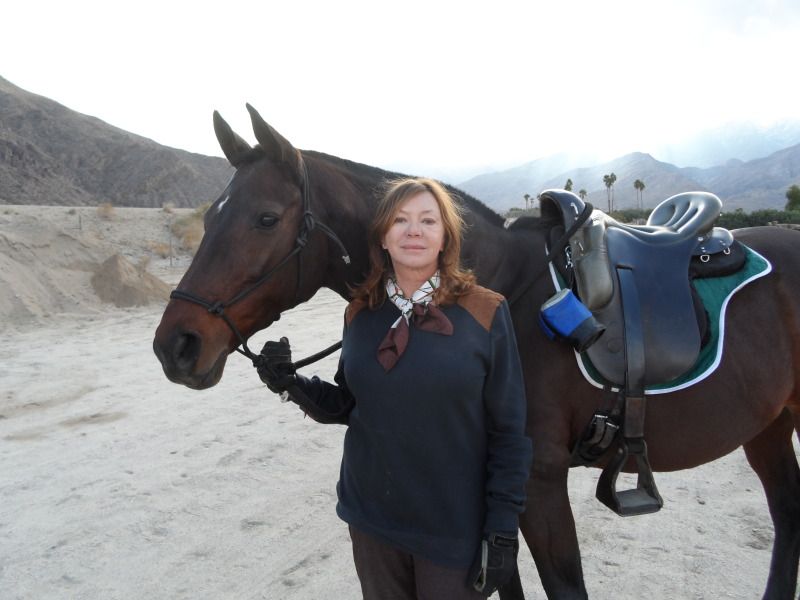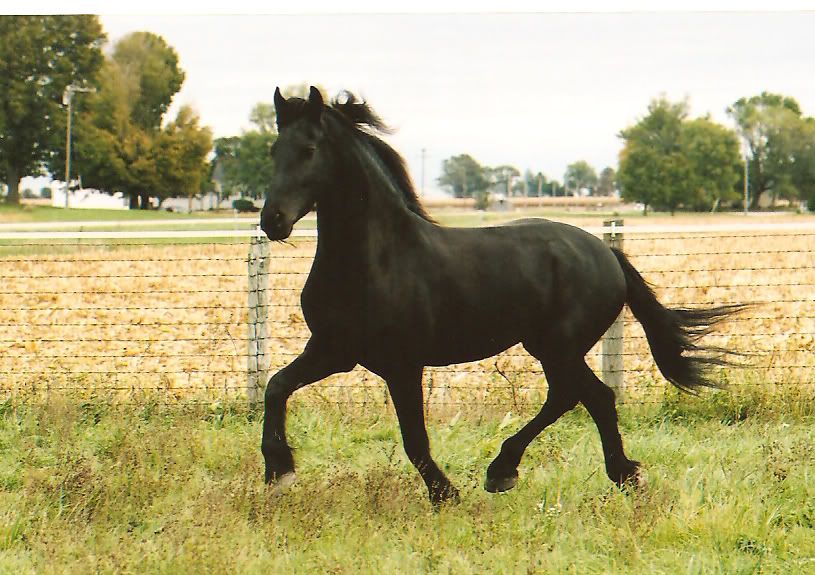Post by wildfire on Feb 24, 2005 18:37:09 GMT -5
It was not uncommon, in eighteenth-century England, for a boy to spend several uninspiring months in boarding school and then head out to sea.
That's how it happened for John. When John was eleven, his father----a master of a ship in the Mediterranean trade, took the boy on board.
This early training proved excellent groundwork for John's next major seafaring experience, impressed into the British Navy.
Yet what John had gained from his father's knowledge of sailing, he had lost in discipline. John was soon arrested for desertion, publicly flogged and demoted to common sailor.
Still in his teens, John received permission to sail on the H.M.S. Harwich, bound for the African coast. By now, the unsettled and impatient youth was emerging as the rotten apple in the barrel.
Mocking authority, he chose friends unwisely and "sank to the depth of vice."
In Africa, John fell into the service of a slave dealer. Slave trade began to fascinate John as a lucrative livelihood, but, before he knew it, he was put to work on the dealer's plantation laboring with the other slaves.
At twenty-one, John escaped. Hopping an outbound ship called the Greyhound, he presently returned to the depravity of his teens.
Associating with the lowest of crew members, John ridiculed the upright seamen in his company, ridiculed the ship's captain, even ridiculed a book he had found on board. A book entitled "The Image of Christ". Clearly, he remembered joking about this book one bright afternoon.
That night the Greyhound sailed into a violent storm. John awakened to find his cabin filled with seawater. The ship's side had caved in and the Greyhound . . . was going down.
The Greyhound had sailed into high seas; her side had collapsed in the turbulence.
Ordinarily, such damage would send a ship to the bottom within a few minutes. In this case, the Greyhound's buoyant cargo bought a few hours of precious time.
After nine hours at the pumps, John overheard a desperate remark from one of the crew. They were all goners, he said.
And almost in answer, John unwittingly and for the first time in his life . . . prayed. "If this will not do, the Lord have mercy on us!"
The record shows that the Greyhound did not go down.
Although one might have expected John's prayer of emergency to be quickly forgotten, it was remembered unto his death. Each year he observed the anniversary of that most significant incident with prayer and fasting.
In a very real sense, he observed it throughout each remaining day of his life.
For John retired from the sea to become a minister. Also a writer of verse.
And the immortal words of a bad boy turned good, the distant reflection of an event long past, are celebrated to this day:
John was John Newton. And now you know
THE REST OF THE STORY.
That's how it happened for John. When John was eleven, his father----a master of a ship in the Mediterranean trade, took the boy on board.
This early training proved excellent groundwork for John's next major seafaring experience, impressed into the British Navy.
Yet what John had gained from his father's knowledge of sailing, he had lost in discipline. John was soon arrested for desertion, publicly flogged and demoted to common sailor.
Still in his teens, John received permission to sail on the H.M.S. Harwich, bound for the African coast. By now, the unsettled and impatient youth was emerging as the rotten apple in the barrel.
Mocking authority, he chose friends unwisely and "sank to the depth of vice."
In Africa, John fell into the service of a slave dealer. Slave trade began to fascinate John as a lucrative livelihood, but, before he knew it, he was put to work on the dealer's plantation laboring with the other slaves.
At twenty-one, John escaped. Hopping an outbound ship called the Greyhound, he presently returned to the depravity of his teens.
Associating with the lowest of crew members, John ridiculed the upright seamen in his company, ridiculed the ship's captain, even ridiculed a book he had found on board. A book entitled "The Image of Christ". Clearly, he remembered joking about this book one bright afternoon.
That night the Greyhound sailed into a violent storm. John awakened to find his cabin filled with seawater. The ship's side had caved in and the Greyhound . . . was going down.
The Greyhound had sailed into high seas; her side had collapsed in the turbulence.
Ordinarily, such damage would send a ship to the bottom within a few minutes. In this case, the Greyhound's buoyant cargo bought a few hours of precious time.
After nine hours at the pumps, John overheard a desperate remark from one of the crew. They were all goners, he said.
And almost in answer, John unwittingly and for the first time in his life . . . prayed. "If this will not do, the Lord have mercy on us!"
The record shows that the Greyhound did not go down.
Although one might have expected John's prayer of emergency to be quickly forgotten, it was remembered unto his death. Each year he observed the anniversary of that most significant incident with prayer and fasting.
In a very real sense, he observed it throughout each remaining day of his life.
For John retired from the sea to become a minister. Also a writer of verse.
And the immortal words of a bad boy turned good, the distant reflection of an event long past, are celebrated to this day:
"Amazing grace! How sweet the sound,
that saved a wretch like me!
I once was lost, but now am found,
was blind, but now I see."
that saved a wretch like me!
I once was lost, but now am found,
was blind, but now I see."
John was John Newton. And now you know
THE REST OF THE STORY.



